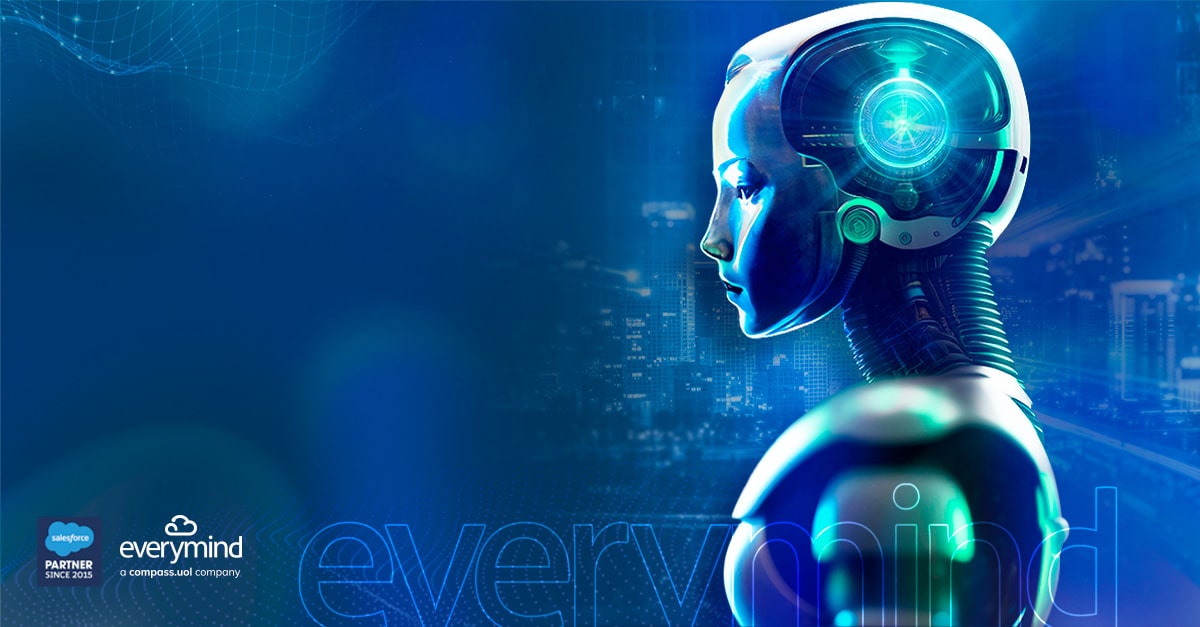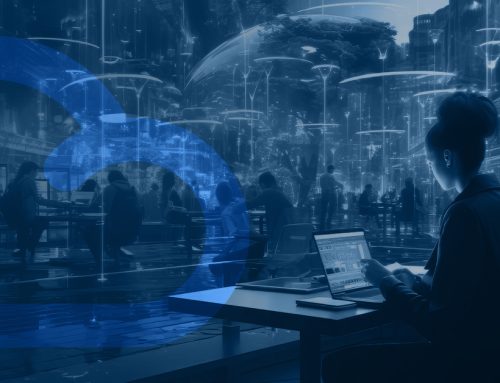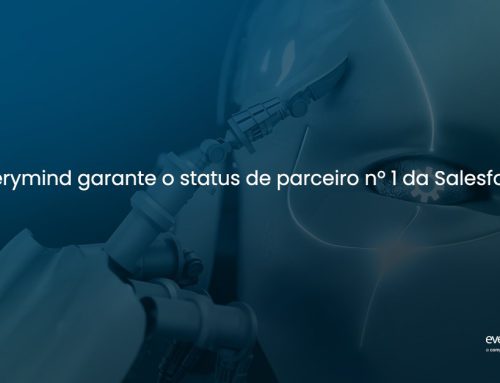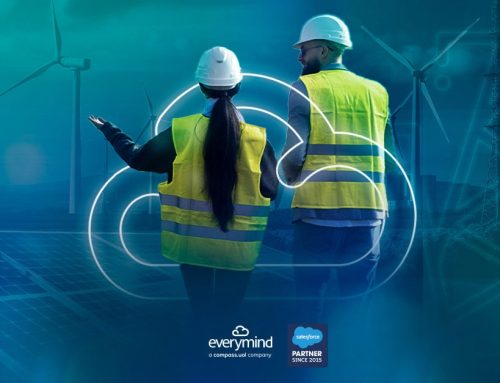Generative Artificial Intelligence (AI) is significantly transforming the way companies operate, including in the field of People and Culture. With the evolution of technology, tools such as ChatGPT are becoming increasingly present, providing a wide range of possibilities.
What is Artificial Intelligence?
Artificial Intelligence refers to systems and technologies that have the ability to perform tasks that would normally require human intelligence. These technologies involve complex algorithms that are capable of learning, reasoning, processing information and making decisions autonomously.
Potential of Artificial Intelligence
AI has the potential to revolutionize and impact People and Culture in companies. Through advanced algorithms, data analysis and process automation, AI can provide valuable insights into employees, optimize talent management, improve the people experience and boost operational efficiency.
The role of ChatGPT and its impact on People and Culture
Tools such as ChatGPT, an AI application based on natural language, can play an important role and transform People and Culture. ChatGPT can help with the recruitment and selection of candidates, answer frequently asked questions from employees, provide guidance on policies and processes, and offer personalized support to each person, as well as understanding behaviors and habits, which generate predictive models.
AI can have several positive impacts: it can help automate administrative and repetitive tasks, freeing up time for human capital professionals to focus on strategic activities such as developing talent, managing organizational culture and creating employee engagement programs.
“AI has the potential to bring about a series of changes and adaptations within companies, impacting both people and cultural transformation. This will enable us to automate repetitive tasks and focus on higher value-added activities, make decisions based on data, identify business opportunities, anticipate market trends and optimize internal processes. It will undoubtedly improve the customer experience, mainly by solving problems quickly and efficiently, improving customer satisfaction.
We cannot fail to highlight the increase in operational efficiency, mainly due to the identification of patterns and forecasts, which will allow for a better allocation of resources. And the change in work dynamics, due to the new skills that will emerge, such as understanding and managing AI systems.
This transformation will impact on the organizational culture being more data-centric. Intuition-based decision-making will be replaced by data-driven approaches. Transparency and collaboration are also encouraged, as AI results can be shared and discussed among team members.” – Eduardo Nunes, Head of People and Culture.
In addition, AI can provide valuable insights into employees, identifying behavioral patterns and customized development needs. This makes it possible to create personalized learning programs, improving performance and satisfaction.
The challenges in the context
However, it is important to note that AI also presents challenges, such as ethical issues, privacy and the impact on human relations in the workplace. It is essential that companies adopt responsible and ethical approaches when using AI in a wide variety of contexts, including for People and Culture, guaranteeing respect for the rights and information of employees and promoting a healthy and inclusive working environment.
“First of all, it is important to emphasize that the adoption of AI in companies must be carried out ethically and responsibly, taking into account issues of privacy, security and algorithmic bias. It is essential to ensure that the benefits of AI are distributed equitably among employees, avoiding disparities and exclusions, especially if it is to have an impact on diversity and inclusion.
AI will bring positive results for people to evolve in companies, providing opportunities for learning, automation of tasks, increased productivity and collaboration between people and access to valuable insights, considering patterns, trends and hidden opportunities.
However, it is important to emphasize that collaboration between AI and the people who collaborate with it is fundamental to achieving the best results, combining human skills with AI resources to boost individual and organizational success.” – adds Eduardo Nunes.
In short, AI is shaping the future of work, and companies that know how to harness its potential will have a significant competitive advantage.
Everymind believes that AI and its aspects are an extremely valuable path for our time, and its democratization reveals great benefits and various lessons, especially in the corporate environment. Discussions like this, on a daily basis, are fundamental to shaping opportunities and redefining certain nuances in a company’s culture.
Be part of a team that thinks about the present with an eye on the future our vacancies or in the talent pool.










Fantastic site. Lots of helpful information here. I am sending it to some friends ans additionally sharing in delicious. And of course, thanks for your effort!